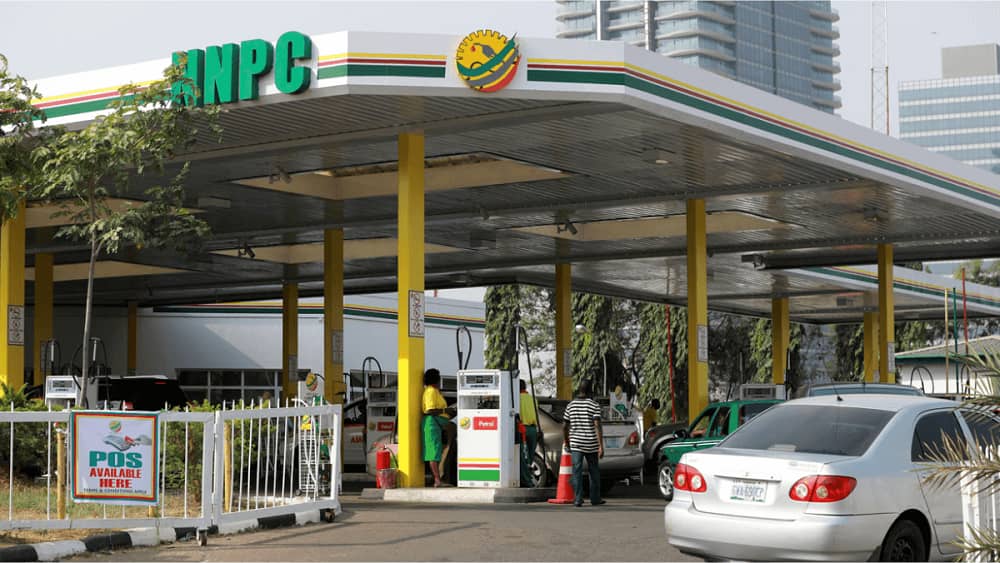Business
Dangote Refinery: NNPC, marketers reduce fuel prices

The Nigerian National Petroleum Company Limited (NNPC) and several major fuel marketers have slashed petrol pump prices after the Dangote Petroleum Refinery reduced its ex-depot rate.
Petrol that sold for up to N950 per litre earlier in the week now goes for as low as N865, depending on location. A market survey on Friday revealed that most filling stations in Lagos and Ogun have adjusted prices below ₦900 to stay competitive. NNPC retail outlets now sell Premium Motor Spirit (PMS) at ₦865 in Lagos and ₦870 in Ogun, while MRS and Ardova — both partners of the Dangote Group — set their pump prices at ₦865 and ₦875 respectively.
Other marketers have followed suit: Heyden sells at ₦890, Fatgbems at ₦882, Akiavic at ₦894, Asharami at ₦895, Rainoil at ₦875, and NIPCO at ₦890. Prices are generally higher in the North, South-East, and South-South due to transportation costs.
Earlier in the week, it was projected that pump prices would dip below ₦900 following Dangote’s decision to cut its ex-depot price from ₦850 to ₦820 per litre.
READ ALSO:Marketers kick against Dangote’s direct fuel distribution, say there’ll be chaos
Confirming the development, Anthony Chiejina, Chief Branding and Communications Officer of the Dangote Group, said the refinery was committed to ensuring a steady and reliable supply of petroleum products as part of its contribution to national growth.
Until recently, pump prices hovered around ₦900 and above, even as global crude prices slid from nearly $69 to $66 per barrel. The latest cuts by Dangote forced the NNPC and other marketers to follow suit — a significant shift, considering that before the refinery started producing petrol last year, the NNPC largely dictated fuel prices.
Petrol prices soared to about ₦1,200 per litre last year after subsidy removal, but repeated reductions from the Dangote Refinery have brought rates to current levels. While consumers have welcomed the cuts, marketers complain of thinning profit margins.
Some Nigerians, however, believe the reductions are still not enough.“The prices should drop to between ₦200 and ₦500, and you’ll see the impact on virtually all sectors of the economy. Selling above ₦850 per litre is still high, and causing inflation to spike,” said Lagos resident Favour Samson.
(PUNCH)






















